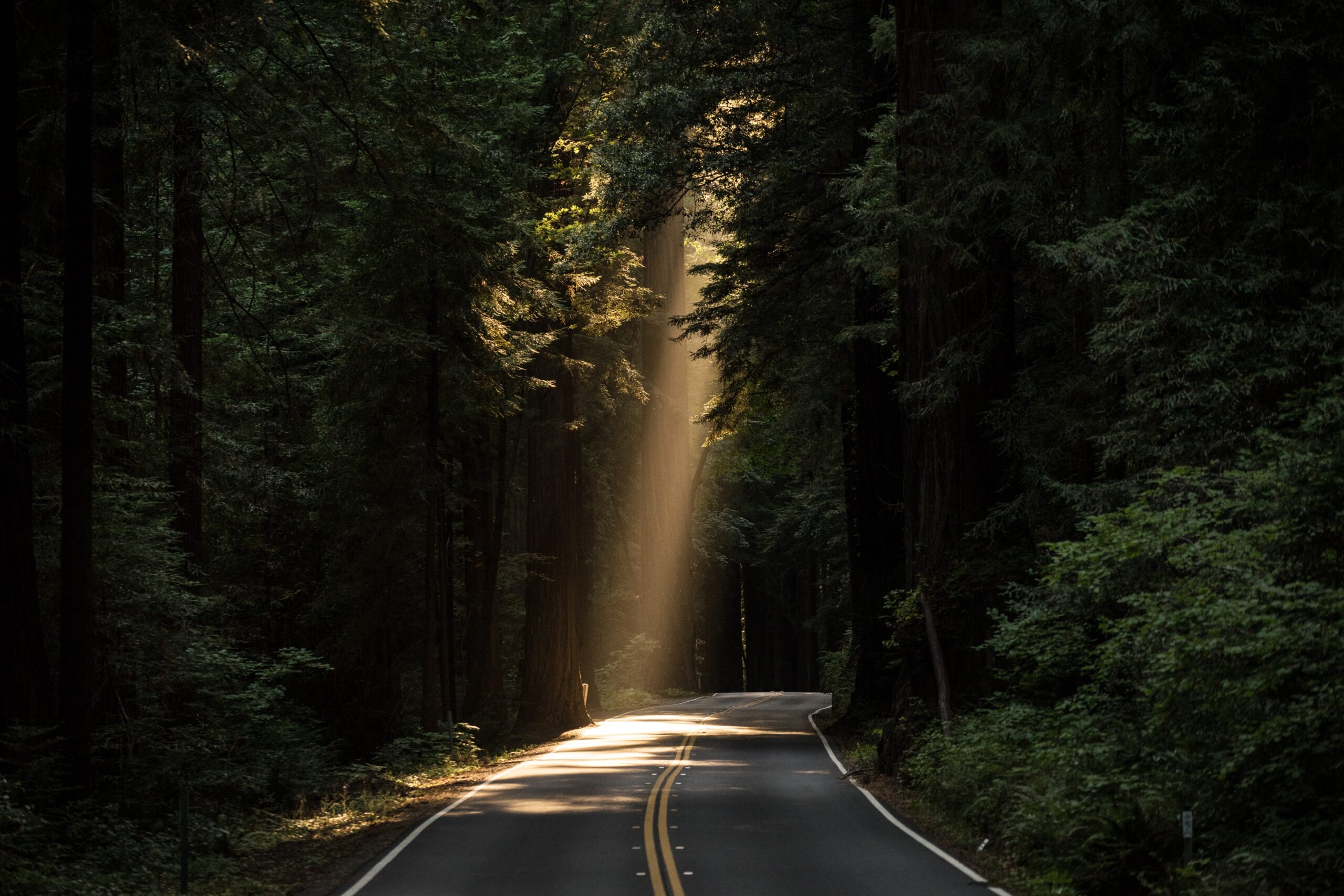by Alfie Wishart
Difficulties are meant to rouse, not discourage.
The human spirit is to grow strong by conflict.
~ William Ellery Channing
Mindfulness and Self Compassion: A tool for life
Evolution and common sense tell us that when confronted with life challenges we have three choices. The first two are to adapt or change the circumstances (I’ll talk about the third choice a little further on). And since many of today’s stressors are beyond our control, our best option is to adapt. We humans have been doing this for eons which has allowed us to survive and thrive. How can we adapt to today’s stressful world?
It is a simple formula: when our circumstances are difficult and unyielding, it is a call for us to mobilize our inner resources. We need greater inner strength to match the increase in external pressure. And it just so happens that mindfulness meditation and self-compassion help us access our internal resources. Because of today’s stressors, meditation and compassion have become necessary for our collective survival.
“Love and compassion are necessities, not luxuries. Without them, humanity cannot survive.” “Our prime purpose in this life is to help others. And if you can’t help them, at least don’t hurt them.”
~ H. H. The Dalai Lama

All of the offerings at the Dallas Center for Mindfulness and Compassion are designed with these ideas in mind. In the contemplative traditions of the world, mindfulness meditation is generally taught first to calm and steady the mind. Then compassion practices are introduced. You might ask: How is meditation or compassion going to help anything, things are so bad and many of the earth changes can’t be stopped?
This brings us to our third option, referred to above: mobilize our inner resources in order to make a positive change in the world and help others do the same. This requires both introspection and worldly action. But first comes introspection, presence of mind, inclining our minds toward insight, equanimity, resilience, and wisdom. This gets us better prepared for developing compassion.
Ghandi is quoted as saying Be the change you want to see in the world. Good advice. But here is the long version:
“We but mirror the world. All the tendencies present in the outer world are to be found in the world of our body. If we could change ourselves, the tendencies in the world would also change. As a man [or woman] changes his [or her] own nature, so does the attitude of the world change towards him [or her].
This is the divine mystery supreme.
A wonderful thing it is and the source of our happiness.
We need not wait to see what others do.”
~ Mahatma Gandhi

Gandhi makes the point eloquently, that we change ourselves first, then we bring that change out into the world. And, remember the definition of compassion includes doing whatever we can to alleviate the suffering of others. We bring our change to others, to help them change too. If we do not have compassionate concern for others, we are vulnerable to unhealthy self-concern.
We at the Dallas Center for Mindfulness and Compassion believe that together, we have a chance of thrival (my made-up word of thriving + survival). The innovators are the ones that move civilizations forward. And, by definition, the innovators are never the majority. So, it may seem the task of change is overwhelming. But the reality is, it just takes a few good people with the right idea to bring about great change.
“Never doubt that a small group of thoughtful, committed people can change the world. Indeed, it is the only thing that ever has.”
~ Margaret Mead
Are you interested in developing a mindfulness practice? If so, check out our range of classes and courses that we have available and dig further into the subject through our other blog articles.
